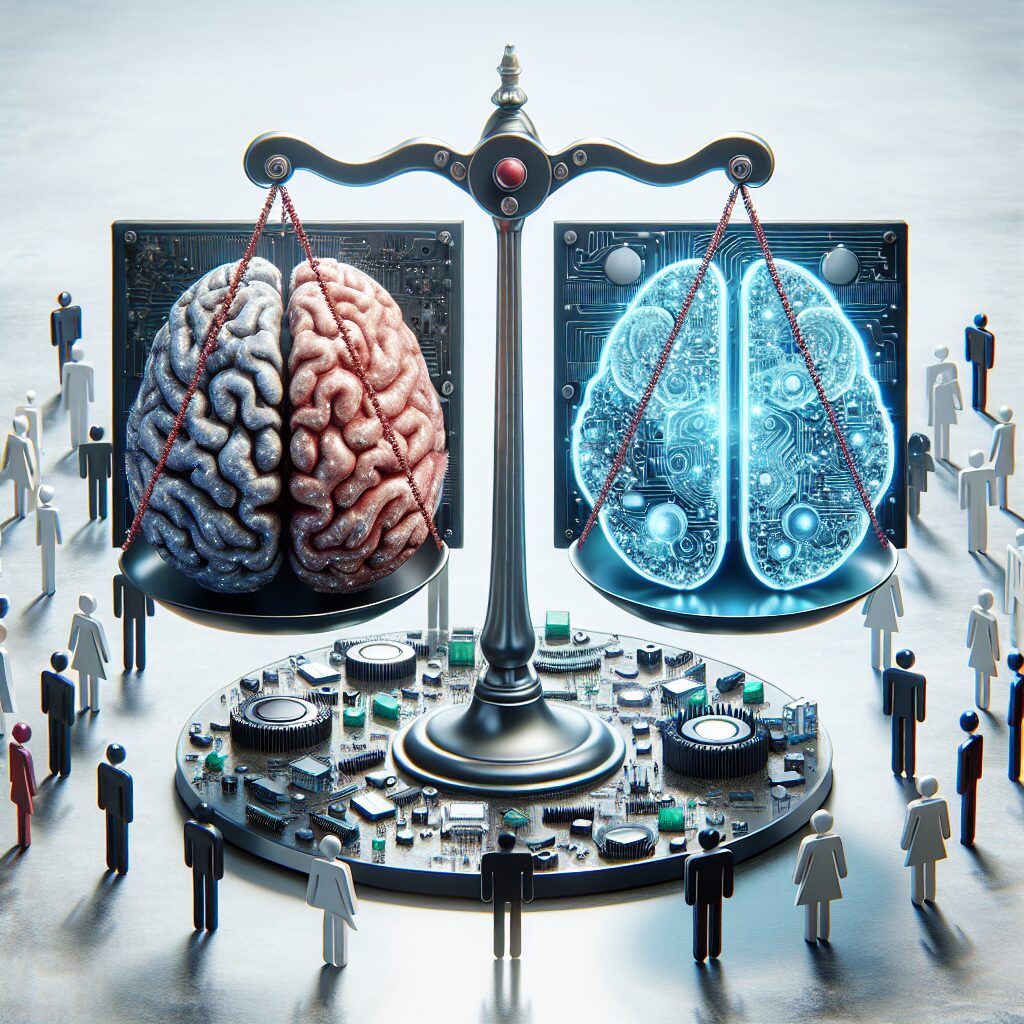The Moral Use of AI Prompts
Within the quickly evolving panorama of synthetic intelligence, AI prompts have emerged as strong software for producing content material, answering questions, and even creating artwork. Nevertheless, as with every expertise, the moral use of AI prompts is essential to make sure that innovation doesn’t come at the expense of accountability and integrity.
Understanding AI Prompts

AI prompts contain pre-trained language fashions to generate textual content based mostly on entries offered by customers. These fashions, like OpenAI’s GPT sequence, are educated on huge datasets and may produce human-like responses. Their functions vary from customer support chatbots to inventive writing assistants, making them extremely versatile.
Moral Issues
- Bias and Equity: AI fashions study from the information they’re educated on. If this information comprises biases, the AI can inadvertently perpetuate stereotypes or discriminatory concepts. Making certain that coaching information is numerous and consultants is important to lowering bias in AI-generated content material.
- Privateness and Safety: AI prompts usually require entry to information to operate successfully. It’s critical to safeguard personal information and make sure that privacy is maintained. Builders should adhere to stringent information safety laws, like GDPR, to forestall unauthorized entry and misuse of private data.
- Transparency and Accountability: Customers need to be knowledgeable when they’re interacting with AI-generated content material. Transparency about the usage of AI promotes belief and permits customers to know the constraints and capabilities of the expertise. Accountability mechanisms must also be in place to deal with any misuse of AI prompts.
- Mental Property: Using AI in inventive fields raises questions on mental property rights. Figuring out who owns the content material generated by AI—whether or not it’s the person, the developer, or the AI itself—requires cautious consideration and authorized readability.
- Misinformation and Manipulation: AI-generated content material can be utilized to unfold misinformation or manipulate opinions. It’s essential to implement safeguards that detect and stop the dissemination of false data, significantly in delicate areas like politics and healthcare.
Selling Moral AI Use

- Inclusive Design: Builders ought to prioritize inclusive design rules that think about the varied wants and experiences of all customers. This involves involving stakeholders from numerous backgrounds within the growth course to make sure the AI is equitable and accessible.
- Steady Monitoring and Analysis: Common assessments of AI techniques help establish and rectify any biases or moral points. Steady enhancement and updates to the AI fashions are essential to align with evolving moral requirements.
- Training and Consciousness: Educating customers concerning the potential and limitations of AI prompts fosters knowledgeable utilization. Encouraging crucial pondering and digital literacy helps customers navigate the complexities of AI-generated content material responsibly.
- Collaboration and Regulation: Collaboration between expert firms, policymakers, and ethicists can result in the event of complete pointers and laws for AI use. Establishing business requirements ensures a unified strategy for moral AI deployment.
Conclusion
The moral use of AI prompts requires a fragile steadiness between harnessing technological developments and upholding societal values. By addressing bias, making certain privateness, sustaining transparency, respecting mental property, and stopping misinformation, we will pave the best way for accountable and progressive AI applications. As AI continues to form our world, prioritizing ethics will probably be important in constructing a future where expertise serves humanity responsibly and equitably.

Pingback: How Far Can Artificial Intelligence Go?